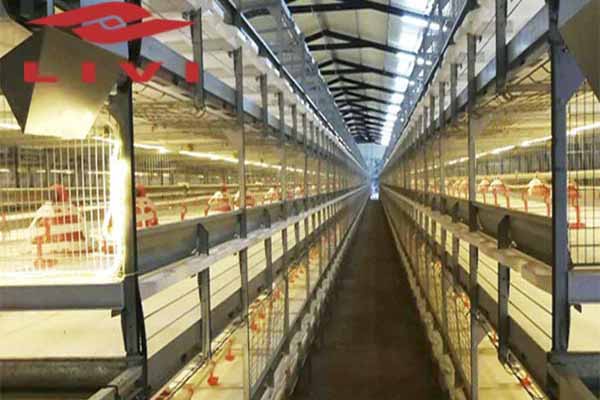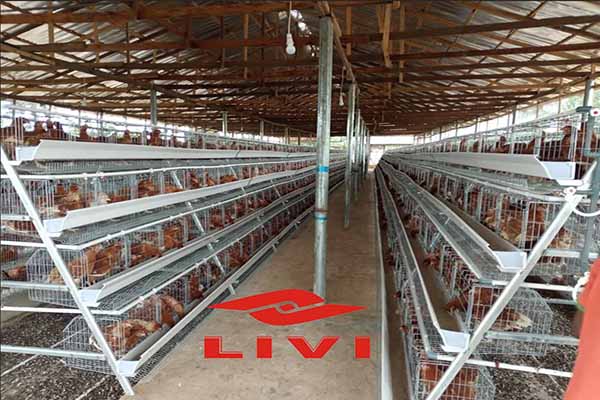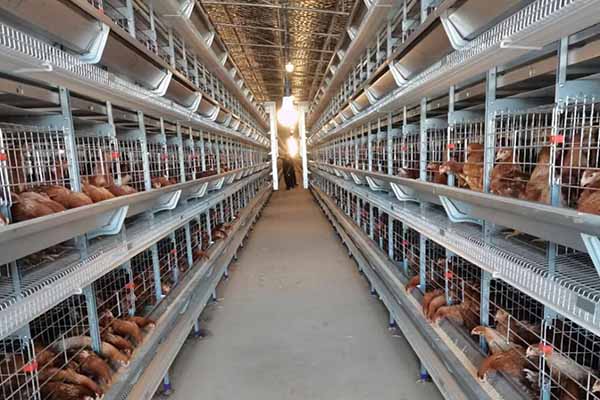Quail Farming in Kenya: A Comprehensive Guide to Raising Quails for Profit
Time : 2025-05-14
Quail farming has been gaining momentum in Kenya, and for good reasons. It’s a lucrative venture that doesn’t require a large amount of capital, land, or time. If you’re considering venturing into quail farming, you’ve come to the right place. In this article, we’ll dive into everything you need to know about quail farming in Kenya, from choosing the right breed to marketing your products. Let’s get started!
Why Quail Farming in Kenya?
Kenya is an ideal location for quail farming due to its favorable climate and growing demand for quail meat and eggs. Here are a few reasons why quail farming is a promising business opportunity in Kenya:
- High demand: The demand for quail meat and eggs in Kenya is skyrocketing, with many consumers preferring them over traditional poultry due to their health benefits and unique taste.
- Small land requirement: Quails require less space than traditional poultry, making it an excellent choice for small-scale farmers with limited land.
- Short gestation period: Quails have a gestation period of just 17 days, allowing for multiple cycles of breeding and egg production within a year.
- High profitability: Quail farming can be highly profitable, especially when considering the low startup costs and high demand for quail products.
Choosing the Right Quail Breed
Selecting the right quail breed is crucial for the success of your quail farm. Here are some popular quail breeds suitable for farming in Kenya:
- Japanese Quail (Coturnix japonica): This breed is widely used for meat and egg production due to its fast growth rate, high productivity, and adaptability to various environments.
- Italian Quail (Coturnix coturnix): Known for their high egg production, the Italian quail is a great choice for egg-laying purposes.
- Spanish Quail (Coturnix cuneata): This breed is excellent for both meat and egg production, with a robust growth rate and adaptability to various conditions.
Setting Up Your Quail Farm
Before starting your quail farm, you need to consider the following aspects:

Location
Select a location that offers a favorable climate, access to water, and minimal risk of predators. Ideally, your farm should be in a rural area to reduce competition and ensure a stable supply of feed.
Brooder House
Construct a brooder house to accommodate your chicks during the first few weeks of their lives. Ensure the house is well-ventilated, temperature-controlled, and predator-proof.
Feeders and Waterers
Provide adequate feeders and waterers for your quails. Automatic feeders and waterers can help ensure that your birds have access to food and water at all times.
Feeding and Watering Schedule
Follow a consistent feeding and watering schedule for your quails. Ensure they have access to clean, fresh water and high-quality feed that meets their nutritional needs.
 Raising Quails for Meat and Eggs
Raising Quails for Meat and Eggs
Once your quails have grown to a suitable size, you can start rearing them for meat or eggs:
Meat Production
Meat production is best suited for the Japanese quail. These quails grow quickly and can be processed for meat after about 6-8 weeks of age. Provide a high-protein diet to ensure they reach the desired weight.
Egg Production
The Italian quail is an excellent choice for egg production. These quails start laying eggs at about 6 weeks of age and can produce up to 300 eggs per year. Ensure a balanced diet to maximize egg production and quality.
Marketing Your Quail Products
Once you have your quail products, it’s essential to have a solid marketing strategy in place:
- Local Markets: Set up a stall at local markets or distribute your products through local vendors.
- Wholesale: Establish partnerships with wholesalers who can supply your quail products to restaurants, hotels, and supermarkets.
- Online Marketing: Create a website and social media pages to promote your quail products and reach a wider audience.
Challenges and Solutions in Quail Farming
Like any farming venture, quail farming comes with its challenges. Here are some common challenges and solutions:
Predators
Predators can be a significant threat to your quail farm. Install secure fencing, use predator-proof feeders, and keep your farm well-lit to deter predators.
Health Issues
Quails can be susceptible to various diseases and parasites. Regularly monitor your birds for signs of illness, maintain a clean environment, and implement a vaccination program to prevent diseases.
Market Competition
Increased competition can impact your profitability. Differentiate your quail products by of fering high-quality, organic, or locally sourced products. Establish strong relationships with your customers to retain their loyalty.
fering high-quality, organic, or locally sourced products. Establish strong relationships with your customers to retain their loyalty.
Conclusion
Quail farming in Kenya is a promising venture with high potential for profitability. By selecting the right breed, setting up an efficient farm, and implementing effective marketing strategies, you can turn your quail farm into a thriving business. Remember to stay informed about market trends and continuously adapt your farming practices to ensure success.











